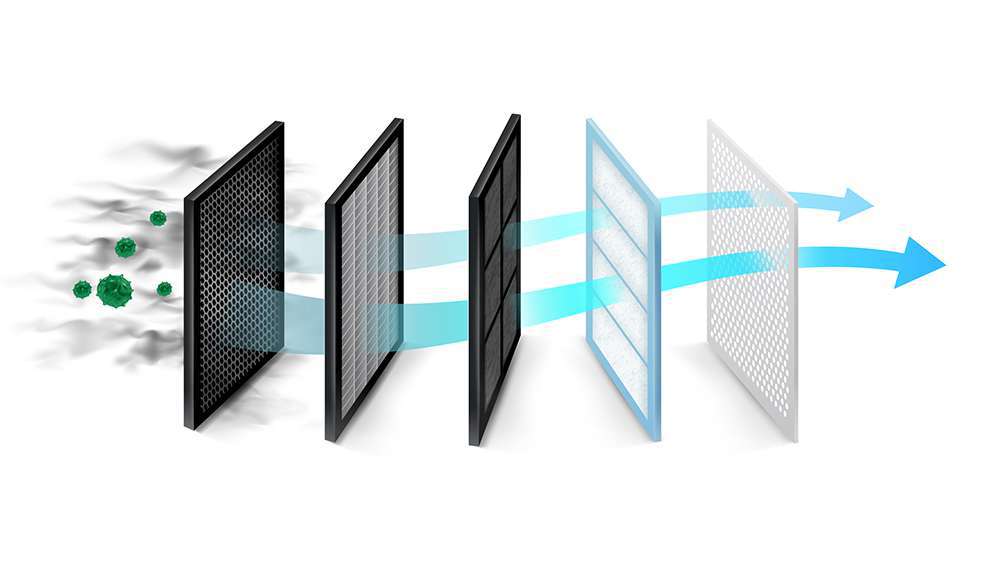Choosing the best type of air filter is essential for maintaining a healthy indoor environment. There are different ac air filter sizes, materials, and types to choose from, so it can be overwhelming to make the right decision. The three common types of air filters are pleated, fiberglass, and HEPA (High Efficiency Particulate Air) filters. Each type has its own pros and cons to consider when selecting the best one for your needs.
Pleated Filters
Pleated filters, also known as “MERV-rated” filters, are popular among homeowners. They are made of polyester material and offer better filtration than fiberglass and flat panel filters, making them ideal for those with allergies or asthma.
Pros: Pleated filters are the best for trapping small particles, such as pollen, dust mites, and other allergens, from the air, making them perfect for people with allergies or breathing problems. They also need to be replaced less often than fiberglass filters and require minimal maintenance.
Cons: Pleated filters come at a higher cost compared to other filter types, but the improved air quality may be worth the added expense.
Fiberglass Filters
Fiberglass filters are the most commonly used type of air filter. They are made from spun glass fibers and usually come in various sizes and thicknesses.
Pros: Fiberglass filters are inexpensive and easy to find. They’re also simple to install, as they fit almost all air systems without requiring professional assistance. Fiberglass filters trap large particles like dust and lint.
Cons: Fiberglass filters are not very effective at removing airborne particles from the air, as they lack a tight seal around their edges. They also need to be replaced more often than pleated filters due to their lower density; they can become clogged quickly with dirt, dust, and other particles. Additionally, these filters can be difficult to maintain, requiring frequent cleaning and replacement.
HEPA Filters
HEPA (High-Efficiency Particulate Air) filters are an effective yet expensive option for reducing allergens and other particles in the air. These filters use a filter media composed of tiny fibers to trap particles down to 0.3 microns in size.
Pros: HEPA filters are designed to capture extremely small particles, which makes them ideal for people with allergies and asthma. Additionally, they don’t need to be replaced as often as other types of filters since they are so effective at trapping particles.
Cons: HEPA filters are expensive and require professional installation. Additionally, airflow can be reduced if not properly maintained because these filters are so dense. It’s important to make sure the filter is changed regularly, as a clogged HEPA filter can reduce airflow and efficiency.
Conclusion
When selecting an air filter for your home, it’s important to understand the pros and cons of each type. Pleated filters offer the best filtration of small particles, while fiberglass filters are the most economical and easy to find. For those looking for maximum particle removal, a HEPA filter is the way to go – but they come at a cost. Ultimately, it’s up to you to decide which air filter will work best for your home.
No matter which type of filter you choose, follow the manufacturer’s instructions for regular maintenance and replacement to keep your indoor air quality healthy and free of allergens.

